Olaf Waals
Is living and working on water the future? Olaf Waals, Director of the Maritime Research Institute Netherlands (MARIN), is a co-initiator and ambassador of the Floating Future project. In this project, scientists from various disciplines are exploring the possibilities and advantages of a floating future.
"In over 100 years, floating cities will be the norm."
What are you researching?
Floating Future explores the challenges and benefits of living and working on water on a larger scale in the Dutch river landscape and coastal areas. Floating buildings already exist, but what happens if you want an entire residential neighbourhood or a section of the harbour to float? And can this simultaneously address other issues, such as the availability of freshwater or the poor state of the environment?
How did you get here?
I have a background in shipbuilding and have always worked on offshore projects at MARIN. These involved offshore structures that remain stationary in one location, such as oil and gas projects, floating wind turbines and solar panels, seaweed farms, or non-navigating ships. Around 10 years ago, I began combining my offshore knowledge with other areas of expertise and applying them for the benefit of society. Since then, I have always been involved in at least one "floating construction project," such as Floating Future.

What does your research look like?
In Floating Future, we are working with twelve PhDs on several cases: floating residential areas and harbours, flood-resistant buildings in polders, and work islands in the North Sea, for example, to store energy from wind turbines or cultivate seaweed. Some challenges are technical (such as the forces the sea exerts on the structures), but others are legal (land registry rules don’t apply on water), financial (are banks willing to invest in this?), and social (do people actually want to live here?).
I find it fascinating to collaborate with such diverse areas of expertise to create a comprehensive solution. To facilitate this, we organise events like ‘climate cafés’ to discuss these issues on-site. It takes time to understand each other, but it’s essential because that’s how we make progress. At that point, technology, ecology, and regulation no longer work against each other; instead, they lead to beautiful innovations where they complement and strengthen one another.
Why is your research important?
For 1,000 years, we’ve built dikes and pumped water out. Now the question is: can we live with water in a different way? It’s funny: as soon as I ask people if they would want to live in a floating city, they ask whether it’s safe. Meanwhile, we already live largely below sea level! Everyone finds that normal, even though we have a history of countless floods.
The future will require more space for water. At the same time, we want to do a lot on a small piece of land. I hope that with floating structures, we can use that land in three ways: for nature, for housing, and for the storage of freshwater. It’s about finding a balance between ambitious plans and what is feasible. In any case, I find it incredibly motivating to work on this.
What do you hope to have achieved in 5 years?
In 5 years, the research for Floating Future will be completed. I hope that by then, we will have gathered enough knowledge for cities to make concrete plans for living and working on water. I believe that in 100 years, floating cities will be just as normal as living in our polders is today.
Would you like to read more about the Floating Future project or Olaf Waals?









